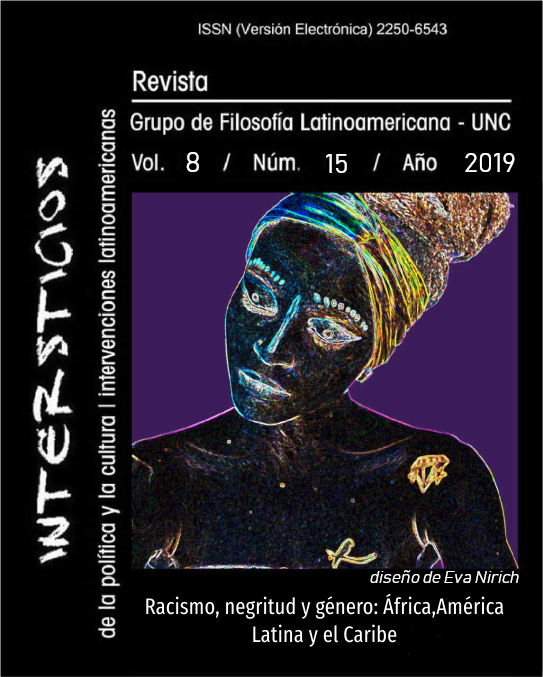Democracy as a historical ghost
Keywords:
greek democracy, modern democracy, community democracy, Bolivia, communitiesAbstract
Political life is configured by a set of processes organized around some institutional spaces and a set of material conditions, but also by a set of subjective and intersubjective representations and experiences that do not have an empirical reference, as long as there are no material processes that become real referents. Political life is organized through things that are seen and constructed by another set of phenomena that do not exist but as representations, but that, nevertheless, have a more or less important weight in the way in which people articulate a set of values from which they judge the political processes and the existence or not in them of some principles. On the other hand, it also exists as a set of representations that people have made as a synthesis of historical experiences, in relation to general ideas. Here I make some considerations on the articulation of these two types of facets around democracy in the current conjuncture.
Downloads
References
Aristóteles. (1988) La política, Madrid: Gredos.
McPherson, C. B. (1997) La democracia liberal y su época, Madrid: Alianza.
Downloads
Published
Issue
Section
License
Authors who have publications with this journal agree to the following terms:
a. Authors will retain their copyright and grant the journal the right of first publication of their work, which will simultaneously be subject to the Creative Commons Attribution License that allows third parties to share the work as long as its author and first publication in this journal are indicated.
b. Authors may adopt other non-exclusive license agreements for distribution of the published version of the work (e.g., deposit it in an institutional telematic archive or publish it in a monographic volume) as long as the initial publication in this journal is indicated.
c. Authors are allowed and encouraged to disseminate their work through the Internet (e.g., in institutional telematic archives or on their web page) after the publication process, which may produce interesting exchanges and increase citations of the published work (see The effect of open access).


